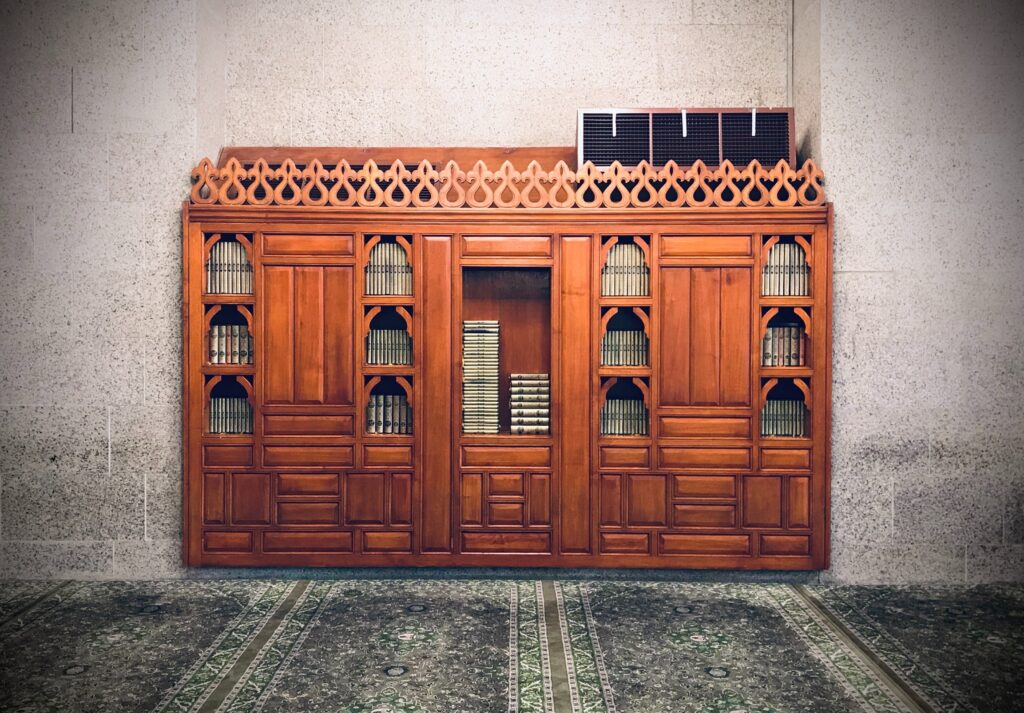The Price of Justice: Saudi Arabia’s New Judicial Costs Law

In recent years, the courts have become the first course of action for parties when encountering a dispute, rather than attempting to independently reconcile their matter. But there is a price to be paid when seeking justice. In taking a step forward to reform the judicial system, The Kingdom of Saudi Arabia has issued Royal Decree No. Meem/16 dated 30/01/1443H (corresponding to 07/09/2021) (the “Law”). The Law, which came into effect on 13 March 2022, is a new framework for judicial costs aims to reduce malicious lawsuits, upgrade the quality of the judicial work and the quality of litigation procedures, as well as urge litigation parties to fulfil their obligations before resorting to the court – considering that the judicial fees will be an additional cost that the defaulting party will bear in the event of non-fulfillment of obligations.
SUBJECT-MATTERS EXCLUDED FROM THE LAW
Article 2 of the Law breaks down which lawsuits and cases are subject to the law, excluding matters related to:
- Criminal and disciplinary lawsuits against public officials
- Lawsuits regarding family issues and estate distribution
- Terminations related to proof of determination of inheritance
- Proof of divorce
- Proof of wills
- Other requests related to social and family matters
- Administrative lawsuits filed against governmental bodies
The Law makes a distinction as to the categories of persons on which judicial costs are not imposed. As per Article 17 of the Law, the following persons are not subject to the Law:
- Prisoners and detainees at the time of the judicial costs accrual in non-criminal financial cases and lawsuits filed, whether by them or against them; and
- Workers, employees and their heirs to claim their entitlements arising from the employment contracts.
Important to note that pursuant to Article 12 of the Law, with the exception of the petition for reconsideration and the request for cassation, the failure to pay the prescribed judicial costs does not preclude the filing of the suit or the request. It’s evident from this Article that the State has taken into consideration categories of persons that may not be able to satisfy the payments and hence, the State bears these costs or postpones their payment in order to achieve justice and fairness to those in need.
QUANTIFYING THE JUDICIAL COSTS
Although the Law does not identify the exact fees, leaving it to the discretion of the executive regulations, it does set forth the maximum. The maximum of the fees is as follows:
- In new lawsuits, a maximum of 5% of the claim value and a maximum amount of SAR 1 million, dependent on and in accordance with the assessment criteria [Article 3 of the Law]
- 1% of the amount of an arbitral award shall be charged to the Claimant in an annulment of an arbitral award [Article 5 of the Law]
- If the court decides to dismiss the lawsuits due to (a) Claimant failing to be present or (b) lawsuit being inadmissible due to the Claimant having not filed in an appropriate manner, an additional charge shall be imposed at the rate of 25% of the fees prescribed for the original lawsuit. The Claimant bears these fees even if a ruling is issued in their favor [Article 4 of the Law].
- An amount not exceeding SAR 10,000 for any applications made. These include applications for permission to appeal to the Court of Appeal and the Supreme Court, and petitions to review a decision [Article 7 of the Law].
- A maximum fee of SAR 1,000 applies to certain applications made by “interested parties” for copies of documents or court records.
WHO PAYS?
The Law stipulates that the losing party shall bear the value of the judicial costs prescribed for the case and related requests, or a part thereof, unless the Law or Regulations stipulates otherwise. The aggrieved party is also entitled to request compensation for the additional expenses or other damages that resulted from the lawsuit.
Important to note that if the case for judgment ends without collection of the judicial costs, the competent department issues a final report which operates as an executive bond against the payee.
In further encouraging parties to amicable settle their dispute, the Law provides that if a settlement does take place before the first hearing, the judicial costs are waived and recovered by the payer.
RECOVERY OF JUDICIAL COSTS
It has been considered that the process of collecting costs, identifying and recovering them, would increase the burdens of the courts and the Ministry of Justice.
However, the Ministry of Justice will provide quick electronic solutions to ensure the facilitation and effectiveness of the cost collection procedure.
CONCLUSION
The Law is a significant change to the Saudi legal system which previously did not charge fees for the filing of claims of requests. It is a monumental step in enhancing the system by reducing malicious lawsuits, encouraging reconciliation, and promoting parties to uphold their obligations.
If you require an arbitrator for a dispute please click here to view our roster of arbitrators, or contact us for assistance in selecting an arbitrator.